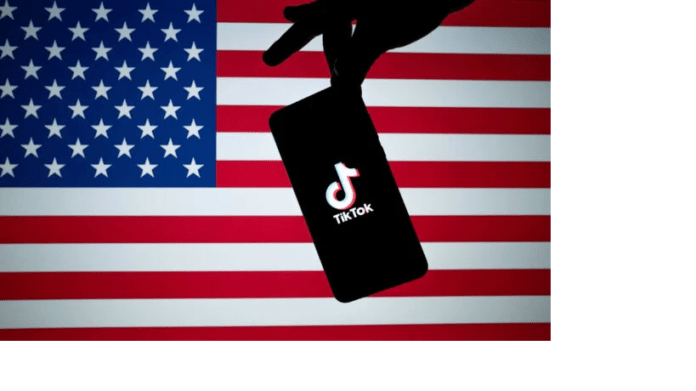The Supreme Court announced Wednesday (December 18) that it will hear TikTok’s emergency appeal challenging a federal law that could effectively ban the social media app in the US by January 19, 2025.
The Court scheduled oral arguments for January 10, just over a week before the law is set to take effect.
The case centers on the Protecting Americans from Foreign Adversary Controlled Applications Act, a bipartisan measure signed into law by US President Joe Biden earlier this year. The legislation requires TikTok‘s Chinese parent company ByteDance to sell the platform to an American owner or face a nationwide ban.
On Monday (December 16), lawyers for TikTok filed an emergency motion to the US Supreme Court for a temporary pause to the law. TikTok’s legal team invoked the First Amendment, arguing that “Congress has enacted a massive and unprecedented speech restriction” by targeting the app via the introduction of the law.
The Supreme Court agreed to hear the case just two days after TikTok filed its appeal. The Court consolidated TikTok’s case with a related challenge from app users and allocated two hours for oral arguments. The central question before the Court is whether the law violates First Amendment protections.
In its order, the Court established an expedited schedule for the high-stakes case. Both sides must submit opening briefs limited to 13,000 words by December 27, with reply briefs due by January 3. Any additional parties wishing to file amicus curiae briefs must do so by December 27.
The timing is particularly significant as the law is set to take effect on January 19, just a day before President-elect Donald Trump assumes office. This gives the Court a narrow window to decide whether to block the law’s implementation. Earlier this week Trump weighed into the debate about TikTok’s future in the US, stating during a press conference that he has “a warm spot in [his] heart” for the app and that the app had an impact on his share of the youth vote during the recent election.
TikTok, which has over 150 million American users, argues that the law banning its app in the US infringes on free speech rights and unfairly targets the company due to its Chinese ownership. TikTok has repeatedly maintained that it does not share user data with the Chinese government.
In its appeal to the Supreme Court, TikTok said “a modest delay in enforcing the Act will create breathing room for [the Supreme Court] to conduct an orderly review and the new Administration to evaluate this matter — before this vital channel for Americans to communicate with their fellow citizens and the world is closed.”



